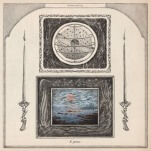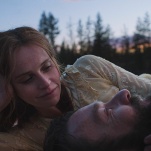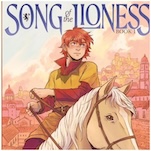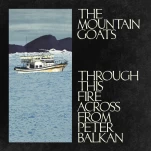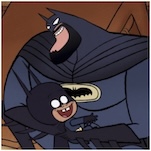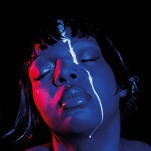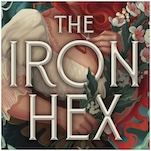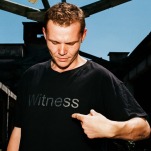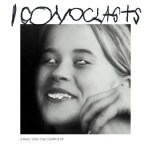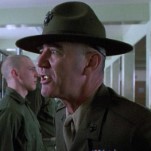Chris Stapleton: Firing Away
It’s funny to think that Chris Stapleton’s forthcoming Traveller is considered to be his debut—that, categorically, he might be considered a “new artist.” The easy-talking, big-bearded songwriter plays with an unpretentious quality, a self-assuredness that you rarely see from someone releasing their first full-length. Then again, there are plenty of fairly obvious reasons as to why: His big, soulful voice has gained recognition with Grammy-nominated bluegrass band The Steeldrivers. He’s penned chart-topping singles for Kenny Chesney, Luke Bryan and Darius Rucker and sung back-up vocals for Angaleena Presley and Dierks Bentley. Over 150 of his songs have been cut by other artists, from Adele to George Strait. But despite his name popping up in credits all over Nashville, Traveller is the first release with his name on the cover.
“I didn’t realize that there was even a job that you could have that was songwriting,” Stapleton says, looking back at his first few months traveling back and forth to Nashville from his home in Kentucky. “As soon as I found that out, I thought that sounded like the greatest job in the world and I needed to figure out how to do that.”
For a songwriter with a catalog the size of Stapleton’s, narrowing down songs for an LP was bound to be daunting. Still, Traveller feels like an fitting cross-section of Stapleton’s strengths, pulling from different time frames and even throwing in a couple of covers in “Tennessee Whiskey” and “Was It 26.”
-

-

-

-

-

-

-

-

-

-

-

-

-

-

-

-

-

-

-

-

-

-

-

-

-

-

-

-

-

-

-

-

-

-

-

-

-

-

-

-



